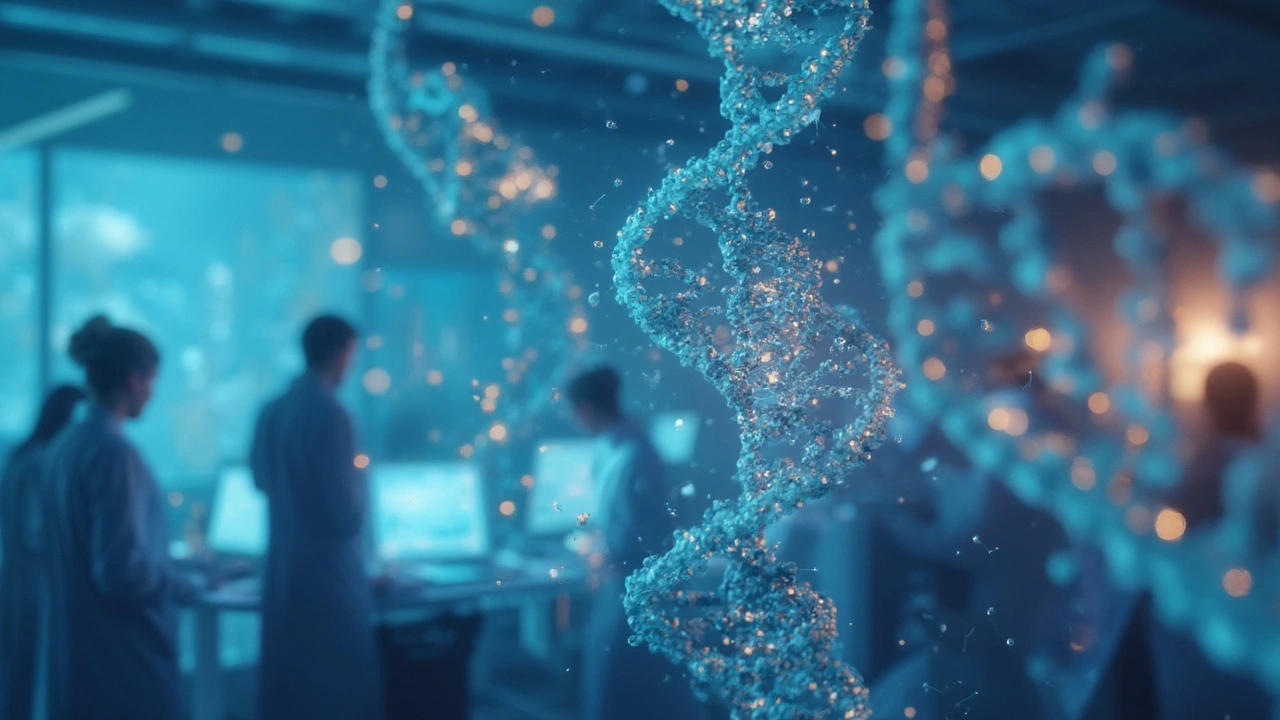
Every cell in your body carries a copy of your genetic blueprint. When that blueprint gets broken or altered, the cell can malfunction, age faster, or even turn cancerous. This is what scientists call DNA damage. It’s a normal part of life—our DNA gets nudged by sunlight, chemicals, and even the fuel we burn for energy. The key is knowing what triggers it and how your body tries to fix it.
Sunlight is a big culprit. UV rays zap the DNA in skin cells, creating tiny lesions that, if unrepaired, can lead to skin cancers. Smoking adds a heavy load of chemicals that stick to DNA strands, causing mutations. Even everyday metabolism produces reactive oxygen species (ROS)—tiny molecules that act like rust on metal, corroding DNA over time. Pollution, radiation from medical scans, and some prescription drugs can also chip away at the genetic code.
Not all damage is obvious. Some changes happen at the molecular level and don’t show symptoms until years later. That’s why scientists stress the importance of minimizing exposure whenever possible—wear sunscreen, quit smoking, and eat foods rich in antioxidants that mop up excess ROS.
Good news: your body isn’t sitting idle while DNA gets damaged. It has built‑in repair crews—enzymes that spot errors, cut out the bad bits, and stitch the strand back together. The most famous is the base excision repair pathway, which fixes oxidative damage. When you provide the right nutrients, these crews work faster. Vitamins C and E, selenium, and plant compounds like flavonoids are natural boosters.
Regular exercise also cranks up repair mechanisms. A brisk walk increases blood flow, delivering oxygen and nutrients that help cells clean up waste. Sleep is another hidden hero; during deep sleep, many repair processes hit peak performance. Skimp on sleep, and you give DNA damage a chance to pile up.
Finally, consider lifestyle tweaks that lower exposure. Use broad‑spectrum sunscreen daily, limit processed meat, and choose organic produce when you can. If you’re on medication that’s known to affect DNA, talk to your doctor about monitoring and possible alternatives.
Keeping an eye on DNA health might sound high‑tech, but the steps are simple: protect yourself from obvious hazards, feed your repair crew with antioxidant‑rich foods, stay active, and get enough rest. Over time, these habits add up, giving your cells the best chance to stay functional and keep you feeling great.